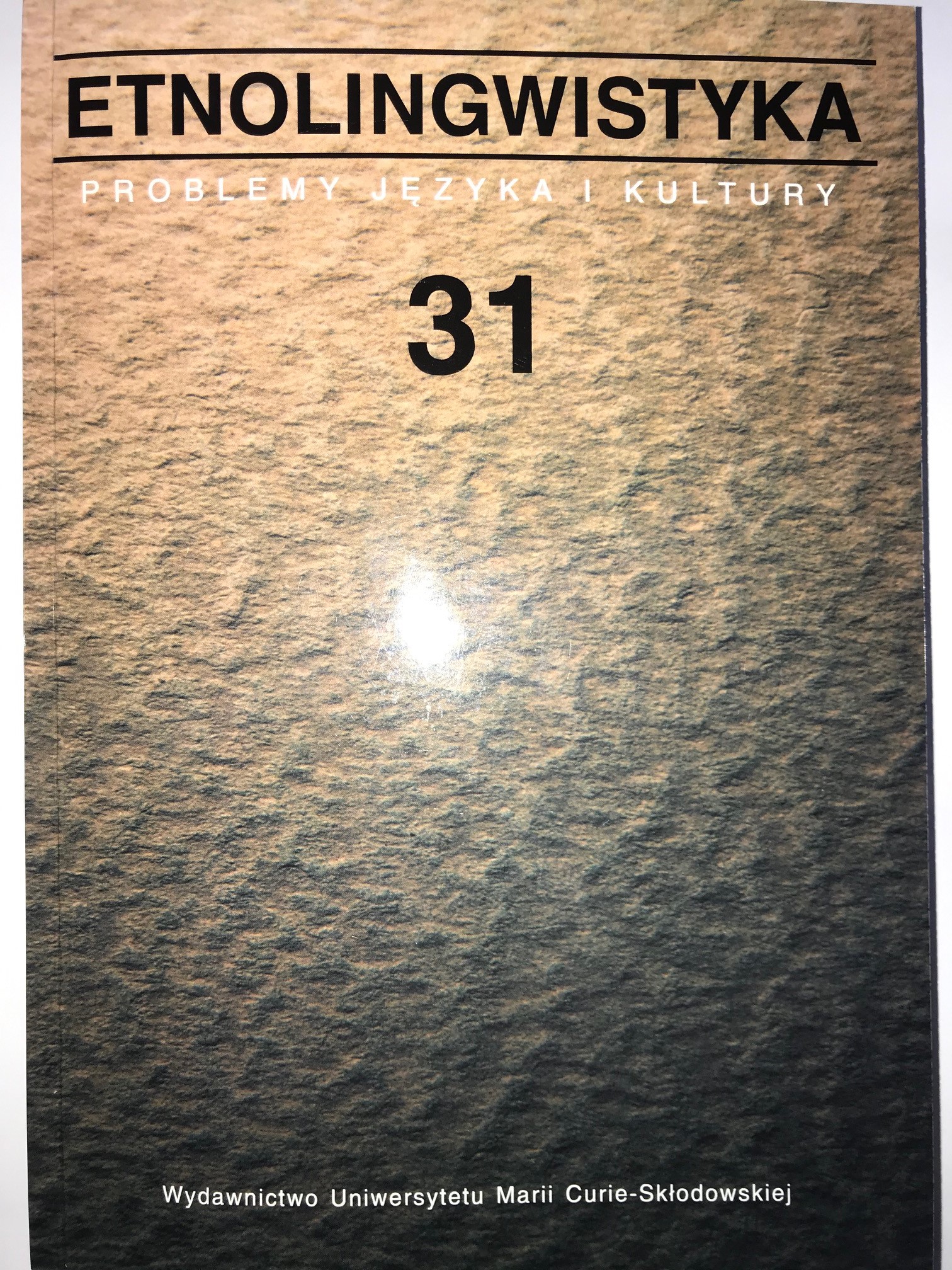O pewnym typie konstrukcji deagentywnych w językach polskim, rosyjskim i bułgarskim (perspektywa etnoskładniowa)
A certain kind of de-agentive construction in Polish, Russian, and Bulgarian. An ethnosyntactic account
Author(s): Dimka SavovaSubject(s): Language and Literature Studies, Cognitive linguistics, Descriptive linguistics
Published by: Wydawnictwo Naukowe Uniwersytetu Marii Curie-Sklodowskiej
Keywords: ethnosyntax; impersonal constructions; Dative subject; reflexive verbs; de-agentification
Summary/Abstract: The article discusses a de-agentive construction, in which actions that have their own agents are presented as agentless. On the basis of analyses conducted by Anna Wierzbicka, Yuriy Apresyan, Yuriy Knyazev, and data from the National Corpus of Polish (NKJP), three languages are compared: Polish, Russian, and Bulgarian. De-agentive constructions are used for a pragmatic purpose: to change the status of the agent to a passive participant. Five states are captured by means of this construction type: (1) physical actions, whose fulfilment is independent of the agent; (2) intellectual or perceptual processes not subject to human control; (3) actions and processes dependent on external circumstances; (4) actions directly connected to human psychology; (5) impulses, physiological states, and emotions that only marginally, if at all, depend on human agency. It is concluded that Polish constructions are characterised by the belief that human actions are controlled from the outside by something indefinite; in Russian, the experiencer’s internal states are underscored; Bulgarian points to the role of control on emotional and physiological states.
Journal: Etnolingwistyka. Problemy Języka I Kultury
- Issue Year: 31/2019
- Issue No: 31
- Page Range: 121-131
- Page Count: 11
- Language: Polish

